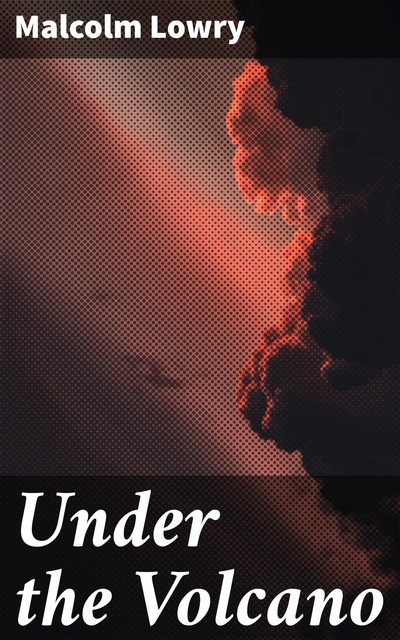Malcolm Lowry's “Under the Volcano” stands as a quintessential exploration of existential despair and human folly set against the backdrop of the Mexican Revolution. The narrative follows Geoffrey Firmin, a British consul spiraling into alcoholism on the Day of the Dead, encapsulating Lowry's complex prose and vivid imagery. Employing stream-of-consciousness and rich symbolism, Lowry crafts a lyrical, yet harrowing journey through the protagonist's disintegration, while reflecting broader themes of colonialism and personal redemption. The novel is heralded as a modernist masterpiece, drawing parallels to the works of contemporaries such as James Joyce and T.S. Eliot, and immersing readers in a profound meditation on the human condition. Malcolm Lowry, an English-born author whose own struggles with addiction and identity deeply influenced his writing, penned this semi-autobiographical novel during a tumultuous period of his life. His experiences in Mexico amidst personal crisis informed the setting and characters, resulting in a rich tapestry of intertextuality and introspection. Lowry's tumultuous life, marked by travel and existential inquiry, lends authenticity to the poignant themes woven into the narrative. “Under the Volcano” is a must-read for those intrigued by literary modernism and the complexities of the human soul. With its evocative prose and psychological depth, this novel offers not only a gripping story but also a timeless examination of the dualities of life and death, making it an essential addition to the canon of 20th-century literature.


